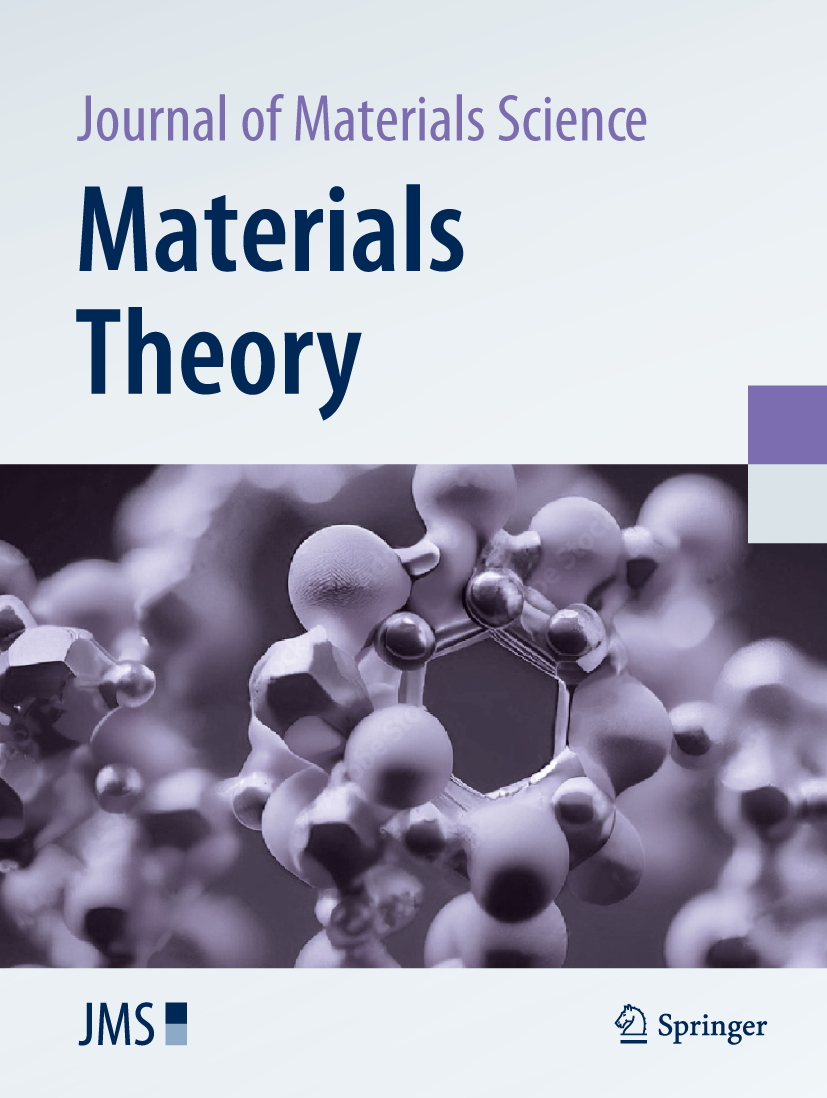更正:利用准静态和动态基准案例评估相场断裂模型的四种应变能分解方法
引用次数: 0
摘要
本文章由计算机程序翻译,如有差异,请以英文原文为准。
Correction: Assessment of four strain energy decomposition methods for phase field fracture models using quasi-static and dynamic benchmark cases
求助全文
通过发布文献求助,成功后即可免费获取论文全文。
去求助
来源期刊
自引率
0.00%
发文量
0
期刊介绍:
Journal of Materials Science: Materials Theory publishes all areas of theoretical materials science and related computational methods. The scope covers mechanical, physical and chemical problems in metals and alloys, ceramics, polymers, functional and biological materials at all scales and addresses the structure, synthesis and properties of materials. Proposing novel theoretical concepts, models, and/or mathematical and computational formalisms to advance state-of-the-art technology is critical for submission to the Journal of Materials Science: Materials Theory.
The journal highly encourages contributions focusing on data-driven research, materials informatics, and the integration of theory and data analysis as new ways to predict, design, and conceptualize materials behavior.

 求助内容:
求助内容: 应助结果提醒方式:
应助结果提醒方式:


